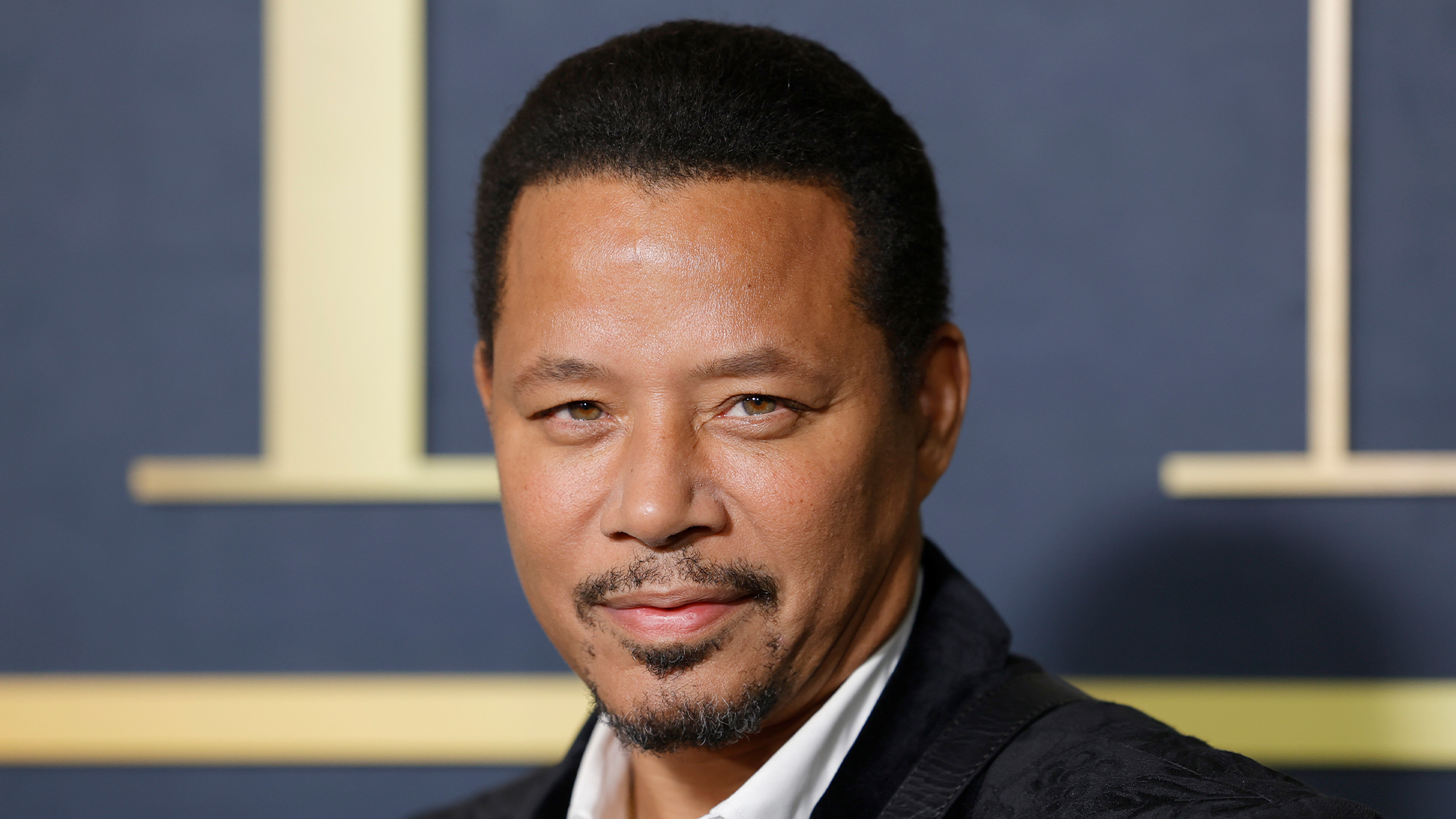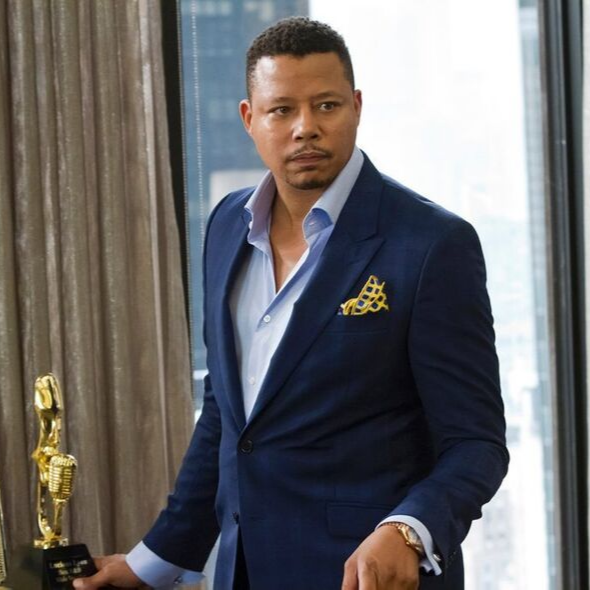At 55, Terrence Howard FINALLY Confirms The Rumors About He Left Hollywood | HO
Terrence Howard is a name everyone knows. Whether you’ve seen him as Franklin Burch in Prisoners or as the music mogul Lucius Lyon in Empire, he’s made quite an impact. However, the role that really put him on the map is Colonel James Rhodes in Iron Man, and he absolutely nailed it!
But then came the surprising moment when Don Cheadle stepped in to replace him as War Machine in the MCU. So, what was the real reason Terrence Howard was let go from Iron Man 2? And how Howard’s personal life has been overshadowed by scandals, filled with shocking allegations and courtroom battles that unfolded in the public eye? Now, at 55, Terrence Howard has finally confirmed the rumors.

At 55, Terrence Howard has finally opened up about his departure from Hollywood and the circumstances that led to his exit from the Marvel Cinematic Universe (MCU) after playing Colonel James “Rhodey” Rhodes in the original Iron Man. His journey is marked by both triumph and controversy, and as he reflects on his career, fans are left to ponder what could have been had he remained in the franchise.
Terrence Howard gained recognition in Hollywood for his impressive performances in films like Hustle & Flow, which earned him an Academy Award nomination, and Crash. His role in the 2008 blockbuster Iron Man was pivotal in establishing the MCU, portraying the loyal friend and military officer Rhodey. Howard’s portrayal of Rhodes hinted at a deeper character arc, setting the stage for his evolution into War Machine in future films.
Howard was initially the highest-paid actor in the first Iron Man, earning $3.5 million. His confidence in the role and its future potential made his abrupt exit even more shocking when Don Cheadle replaced him in Iron Man 2.
The reasons behind Howard’s departure are multi-faceted. Reports suggest that the pivotal moment came during negotiations for Iron Man 2, when Robert Downey Jr. received a significant pay increase. While Downey’s salary soared to $10 million along with a share of the backend profits, Marvel Studios allegedly slashed Howard’s pay to about $440,000. This drastic cut angered Howard, who believed he had a critical role in Downey’s casting, having taken a $1 million pay cut to help facilitate it.
Marvel maintains that Howard had no influence over Downey’s hiring, yet Howard’s grievances continued to mount, fueled by claims that his performance was met with discontent from the film’s producers and director Jon Favreau. This dissatisfaction allegedly resulted in changes to his character’s arc, leading to a diminished role in the sequel. The perception that Howard was difficult to work with added to the complications, resulting in his exit and Cheadle stepping in as War Machine.
Howard’s departure from the MCU was not just a career setback; it also altered the trajectory of his life. In interviews, he initially appeared to accept the situation, citing the opportunity it provided him to pursue education and new ventures, including obtaining a Doctorate in chemical engineering. He noted that the experience allowed him to explore unconventional projects, claiming to have invented a method for growing diamonds, a testament to his scientific ambitions.
However, his feelings about leaving the MCU have fluctuated over the years. While he expressed gratitude for moving on, there have been moments of bitterness, particularly towards Downey Jr. Howard has suggested that his friend’s success came at his expense, lamenting the loss of potential earnings from the franchise, which he estimated to be around $100 million.
Beyond the Hollywood controversies, Howard’s life has been riddled with personal struggles. His childhood was marred by violence, stemming from a tragic incident where his father was imprisoned for killing a man during a dispute at a department store. This early trauma set a tone for Howard’s tumultuous life.
In adulthood, he faced serious allegations, including an arrest for domestic violence in 2001 against his then-wife, Lori McComas. While Howard has expressed remorse for this incident, it remains a part of his troubled history, intertwining with his narrative of resilience and redemption.

As he reflects on his career, Howard acknowledges that his relationship with Hollywood is complex. While he has ventured into various projects since leaving the MCU, including television series like Empire, the shadow of his early exit still looms large. In recent years, he has spoken of the mixed emotions surrounding his departure, revealing that while he is proud of his achievements, there is still a part of him that grapples with the “what ifs.”
In a candid moment on Watch What Happens Live, Howard mentioned hearing from fans about the possibility of him returning as War Machine, suggesting a lingering interest in revisiting the character. His hope that Marvel could potentially explore a War Machine franchise indicates that, despite everything, he still sees value in the role he once inhabited.
Terrence Howard’s journey is a testament to the unpredictable nature of Hollywood and the personal battles that often accompany it. His departure from the MCU was not just a career decision; it was a turning point that led him to reassess his life choices, his relationships, and his goals. At 55, as he navigates the complexities of fame, friendship, and personal ambition, Howard continues to inspire and intrigue fans who remember his groundbreaking role as War Machine and wonder about the path not taken.
While he has made peace with much of his past, the unresolved feelings about his time in the MCU and the relationships forged—and strained—along the way continue to resonate, making his story one of both loss and resilience. As he charts a course forward, one can only hope that he finds fulfillment in both his personal and professional endeavors, perhaps even reigniting the flame of War Machine in a new and meaningful way.





